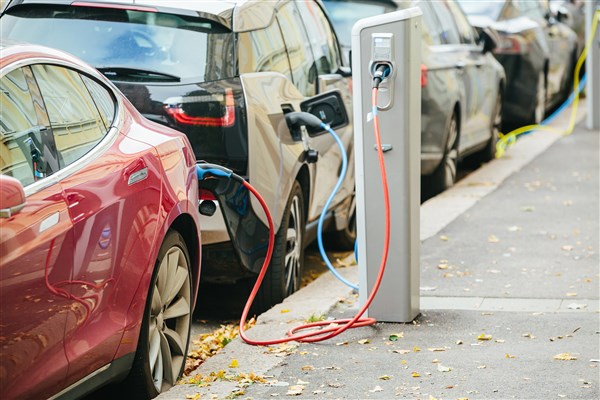The number of electric cars on the world’s roads reached 3,109,050 in 2017 with a 55 percent increase compared with 2016, according to the latest edition of the International Energy Agency’s “Global Electric Vehicles Outlook” report published in May 2018. While a new record was broken in China where more than one million electric cars were sold; Norway continues to be the world’s most developed market. It is followed by Iceland, and Sweden holds the third place in terms of markets.
Electric cars can be fuel cell, battery powered or hybrid. Today, chargeable battery powered vehicle which does not have an internal combustion engine is the first thing that come to mind when we say Electric Vehicle (EV). BMW i3, Nissan LEAF, Mitsubishi i-MiEV and Toyota Rav4 can be given as examples in this regard.
The EV market is changing the industry; it is rapidly growing and affecting not only automotive manufacturers but also lubricant manufacturers and all supplier sectors. There is no need for engine oils in the EV technology without an internal combustion engine. As is known, engine oil is the life blood of a vehicle with internal combustion engine. Engine oil is a key product in the sector and it is a valuable economic element in the market. Besides, the expectation that the use of internal combustion engine vehicles will be abolished as well as the regulations and predictions will have a significant impact on the lubricant industry. However, according to the earliest predictions, this period will take a couple of decades. From another perspective, it is indicated that consumers are most likely to prefer conventional vehicles without any state support even in high-income and environmentally-conscious countries. There is also an ongoing discussion about the share of small engine hybrid electric vehicles with various designs in the EV market.
All these developments oblige original equipment manufacturers to prepare themselves for a brand new lubrication world and new technologies. New demands will arise and new solutions will be needed especially in conformity with the electromagnetic field, insulation materials, speed and engine heat for the transmission oils, greases and cooling liquids that will be in contact electric modules, sensors and circuits that the EV technology brings. Leading lubricant manufacturers indicate that they are structuring their development strategies in these areas, and working to keep up with the changes in the market. This indicates that the global electrification developments in the automotive industry will ignite innovation opportunities in the lubricants sector.













